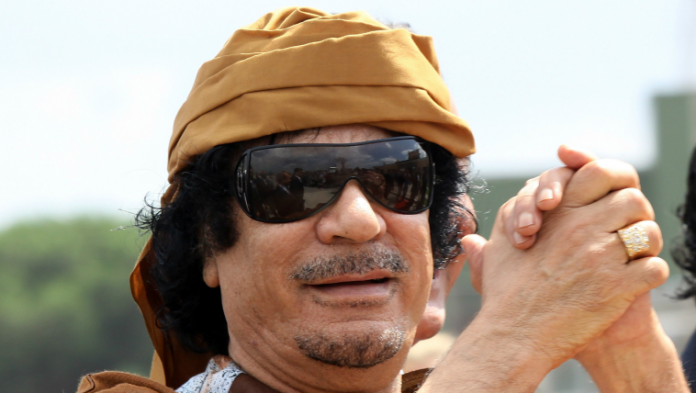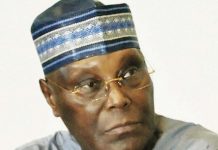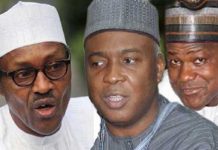The axiom that it is easier to destroy than to build is playing out fully in Libya. Seven years after the Arab Spring, the revolution that ended four decades of Mummer Ghadafi’s dictatorship, Libyans are yet to experience the dividends of democracy, the great ideal that got both infidels and the faithful to itch for freedom.
The unity government proposed and supported by the UN has not been able to assert its authority across the oil-rich country. Libya continues to grapple with all sorts of attacks and a struggling economy. To make matters worse, youthful Africans especially from Sub-Sahara have found its shores quite attractive to serve as a springboard for migration to Europe. This has created an ugly immigration crisis for the people and the government.
Nevertheless, some organizations in the big cities are now happily marking the seventh anniversary of the heady process that led to the toppling and killing of the country’s long-time dictator.
A 17-year old boy, Hamdi al-Beshir, who was 10 in 2011, said he had waited for democracy for seven years. Al-Beshir said, “I can’t wait 42 years like my father did with Ghadafi. I have no intention of waiting for them to steal away my youth and life”. The teenager who earns his upkeep by working in a shop that sells clothes swore, “I’ll throw myself into the sea like the migrants, without looking back.”
Since 2011, Libya has unwittingly served as the key gateway for migrants trying to reach Europe, with tens of thousands paying smugglers to help them cross the Mediterranean illegally, using dangerous and uncertified boats.
Thousands of the desperadoes have drowned in a bid to make the journey, while thousands more have been detained in the North African country, prompting human rights groups to criticize the authorities over alleged maltreatment and abuse.
Libya faced serious upheaval after the 2011 revolution, as various contending groups, rival militias as well as ethnic supremacists and jihadists vied for influence across the country.
The spirited efforts of UN diplomats to set up a unity government in Tripoli were meant to end the turmoil. But Libya has remained divided by schisms between that government and a rival administration backed by military strongman, Khalifa Haftar, in the east.


















